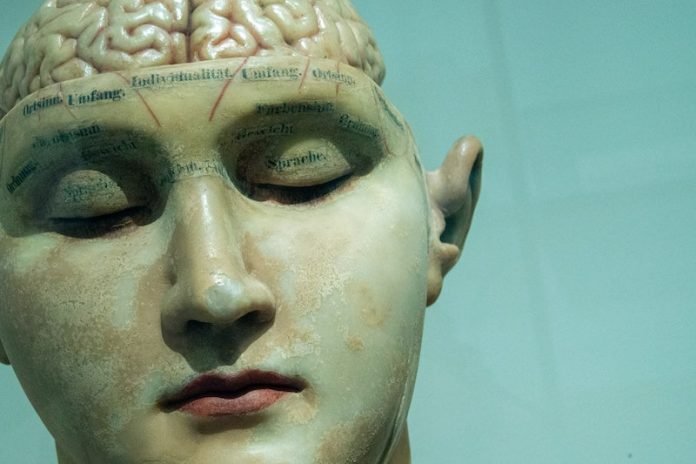
In a new study, researchers found severe acute respiratory syndrome coronavirus 2 (SARS-CoV-2) infection is linked to a spectrum of neurological disorders.
The research was conducted by a team at University College London.
In the study, the team collected clinical data from patients with COVID-19.
Data were included from 43 patients: 29 were SARS-CoV-2 polymerase chain reaction positive, eight were probable, and six possible, according to World Health Organization criteria.
The researchers found five major neurological disease categories: encephalopathies (brain malfunctions), inflammatory central nervous system (CNS) syndromes, ischemic strokes, peripheral neurological disorders, and other disorders that did not fit these categories.
The patients with encephalopathies had delirium/psychosis and no distinct abnormalities on magnetic resonance imaging or cerebrospinal fluid; nine of 10 made a full or partial recovery with supportive care only.
The inflammatory CNS syndromes included encephalitis, acute disseminated encephalomyelitis, and isolated myelitis; 10 patients were treated with corticosteroids, and three received intravenous immunoglobulin.
One patient made a full recovery, 10 made a partial recovery, and one died. One of eight patients with ischemic strokes died.
Seven of the eight patients with peripheral neurological disorders had Guillain-Barré syndrome and one had brachial plexopathy; six made a partial and ongoing recovery.
The team says doctors need to be aware of possible neurological effects, as early diagnosis can improve patient health outcomes.
One author of the study is Ross W. Paterson, Ph.D. from the University College London Queen Square Institute of Neurology.
The study is published in Brain.
Copyright © 2020 Knowridge Science Report. All rights reserved.



